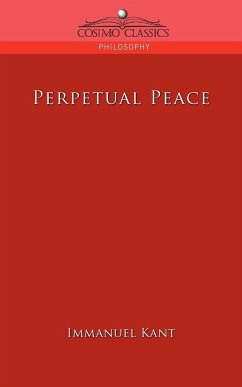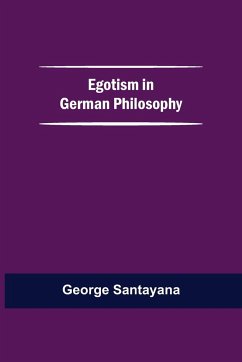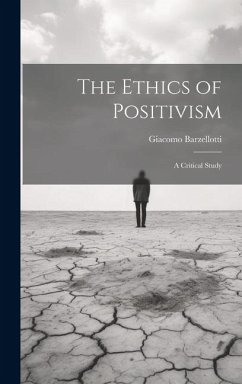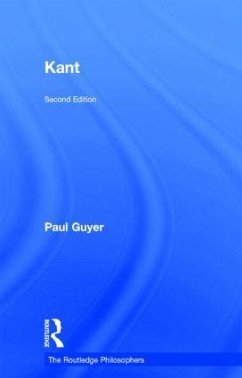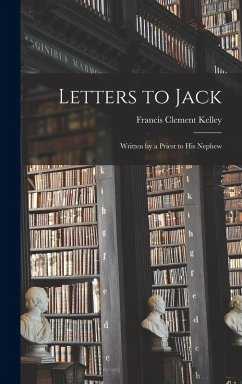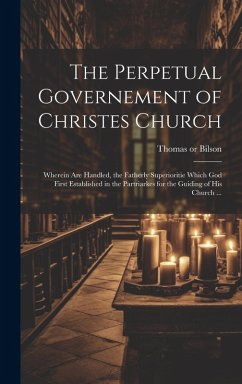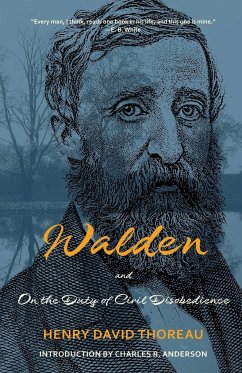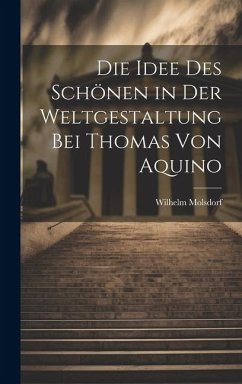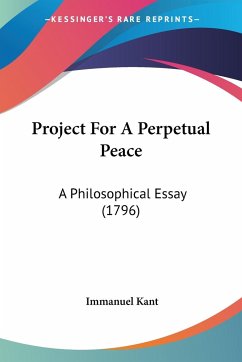
Project For A Perpetual Peace
A Philosophical Essay (1796)
Versandkostenfrei!
Versandfertig in 1-2 Wochen
20,99 €
inkl. MwSt.

PAYBACK Punkte
10 °P sammeln!
""Project For A Perpetual Peace: A Philosophical Essay"" is a work by the renowned philosopher Immanuel Kant, originally published in 1796. The book is a detailed examination of Kant's ideas on the concept of perpetual peace, exploring the philosophical, political and social implications of such a state. Kant argues that a state of perpetual peace is not only desirable but also achievable, and he outlines a number of proposals for how it might be achieved. He suggests that a federated system of states, each with its own government but united under a common legal framework, could be the key to ...
""Project For A Perpetual Peace: A Philosophical Essay"" is a work by the renowned philosopher Immanuel Kant, originally published in 1796. The book is a detailed examination of Kant's ideas on the concept of perpetual peace, exploring the philosophical, political and social implications of such a state. Kant argues that a state of perpetual peace is not only desirable but also achievable, and he outlines a number of proposals for how it might be achieved. He suggests that a federated system of states, each with its own government but united under a common legal framework, could be the key to achieving a lasting peace. Kant also explores the nature of war and the factors that contribute to conflict between nations. He argues that the pursuit of power and the desire for domination are the root causes of war, and that a shift towards a more cooperative and collaborative approach to international relations is necessary for lasting peace. Throughout the book, Kant draws on his extensive knowledge of philosophy, political theory and history to support his arguments. He also engages with other prominent thinkers of his time, including Jean-Jacques Rousseau and Immanuel Hermann Fichte. Overall, ""Project For A Perpetual Peace: A Philosophical Essay"" is a thought-provoking and insightful work that continues to be influential in the fields of philosophy and political theory to this day.This scarce antiquarian book is a facsimile reprint of the old original and may contain some imperfections such as library marks and notations. Because we believe this work is culturally important, we have made it available as part of our commitment for protecting, preserving, and promoting the world's literature in affordable, high quality, modern editions, that are true to their original work.




